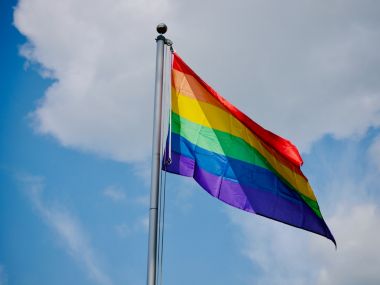Religious freedom concerns after MSPs back conversion therapy ban

Christians are warning of the potential for harm to religious freedom if a ban on so-called conversion therapy is introduced in Scotland.
The warning follows a debate at Holyrood in which MSPs overwhelmingly backed a ban.
The Christian Institute said it was concerned that the true intention behind the ban is to "criminalise parents and churches who have opinions they don't like".
The debate centred on a report by the Scottish Parliament's Equalities, Human Rights and Civil Justice Committee, which recommended that religious practices like prayer be permitted so long as they are done in a "non-directive way" and not to "correct" someone's gender or sexuality.
Speaking during the debate, the Committee's convener Joe FitzPatrick claimed there was no conflict between religious freedom and banning conversion therapy.
He also said Christian parents would be free to raise their children in line with their beliefs so long as they do not have "the directed intent to change their child's sexuality, or gender identity".
Equalities Minister Christina McKelvie said the proposed ban "does not mean a regression of religious freedoms".
John Mason, SNP MSP for Glasgow Shettleston, said that pastors should be free to uphold biblical teaching on sexuality and gender identity.
"The Bible teaches that sexual relationships should be within marriage, although there is also teaching against attitudes such as lust. Whereas society and our legal set-up allows multiple sexual relationships, Christian teaching encourages sexual relations with only one person and only within marriage."
Simon Calvert, Deputy Director of The Christian Institute, is calling on the Scottish Parliament to protect the ordinary work of churches.
He said: "It is right to prevent abusive and coercive practices. But there is widespread agreement that the genuinely abusive conversion therapy practices often described – like so-called 'corrective rape', electroshock therapy and physical abuse – are already illegal in Scotland.
"It's clear that some of those pushing for a ban aren't content to end abusive practices. They want to criminalise parents and churches who have opinions they don't like."











